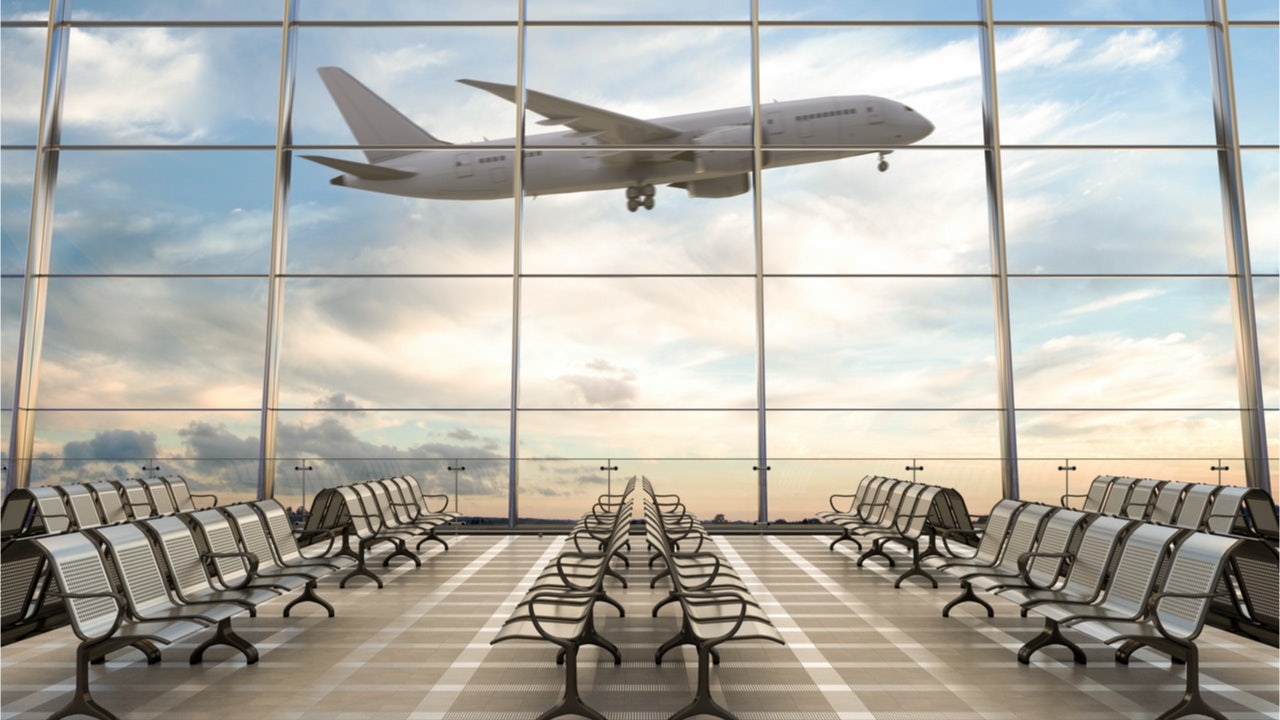Countries have implemented travel restrictions, and airlines worldwide have suspended flights between China and various destinations around the world to help combat the Covid-19 virus. And while the success rate of these attempts is debatable, the negative economic outcomes are clear.
In the recent past, countries such as the US, Australia, the UK, Japan, Cambodia, and Vietnam have profited from Chinese citizens’ hunger for tourism. Some of these economies now depend on the influx of Chinese visitors they receive, and a significant part of their GDP comes from Chinese tourism. Some communities, such as the coastal province of Khanh Hoa, have even been revitalized as a tourism-based economy focusing extensively on Chinese travels.
Vietnam, for instance, has seven provinces bordering China and because of favorable Sino-Vietnamese relations, the country was a top-destination for mainland travelers. Just to put things into perspective, around 1.71 million Chinese tourists visited Vietnam in the first four months of 2019. Thailand has also profited from Chinese tourism. In 2018, around 10.5 million Chinese travelers visited the country, and their spending brought in around 11 percent of Thailand’s GDP. But ASEAN countries (the Association of Southeast Asian Nations) aren’t the only ones benefiting from massive Chinese tourism.
Just to put things into perspective: In 2000, only 10.5 million Chinese traveled abroad, but in 2017, there were 145 million cross-border trips taken by Chinese tourists. Nowadays, Chinese visitors represent 10 percent of all international tourists — and they are big spenders. The spending habits of mainland tourists has stimulated GDP growth and job creation around the world, reviving local communities in Italy, Spain, the US, and the UK. As an example, roughly 10 percent of tourist spending in Florence, Italy, comes solely from Chinese travelers.
Spain has also seen a surge in tourism from mainland China, and the average per capita spending from Chinese tourists there in 2017 was 1,067. Chinese visitors were, in fact, the biggest spenders in the entire Iberian peninsula, and according to the U.S. Travel Association and ABC News, around 3 million Chinese visitors traveled to the US in 2018, spending an estimated average of 6,700 per person for each trip. This figure outpaces international tourists’ average spending by more than 50 percent.
In view of these figures, it’s surprising that various countries have chosen to enforce Draconian travel restrictions. The impact of these policies will wreak havoc in even the most established economies. Al Jazeera quotes Oxford Economics who estimates that the travel ban may cost the US 10.3 billion. Meanwhile, CNBC uses data from the same organization to forecast a loss of 1.6 million visitors from mainland China and 4 million hotel room nights over 2020. Both news agencies agree that New York and California will bear the biggest burden since Chinese travelers favor these states.
The EU will also meet challenges because of the activation of its Civil Protection Mechanism and the suspension of visa issuance for Chinese nationals. Given the vulnerability that some EU member states are experiencing, it’s doubtful that the Union will recover swiftly after the end of the crisis. “Obviously, countries like Greece and France would be hit most,” says Carsten Brzeski, chief economist at ING, to CNBC in an email. “This drop in tourism could add to a weakening of domestic demand, adding to existing problems stemming from the manufacturing sector, and in turn, delaying the timing of a rebound of the entire Eurozone economy to the second half of the year.”
Within this frame, Santorini — an island in the southern Aegean Sea — is already experiencing a “cancellation domino” effect, and Euronews reports that “of the 3,000 Chinese expected at this time, not even 1,000 have arrived on the island.” While this number might not be as impressive as the millions traveling to the US, the impact is severe in Santorini. According to Euronews, airlines have reduced their routes to the island, raising other issues for islanders and domestic travelers. Furthermore, local agents assess a loss of around 10 percent in yearly revenue. "Cancellations have reached 60-70 percent in February and March,” says Antonis Iliopoulos, president of Santorini Hoteliers to Euronews. “We fear we will reach 100 percent cancellations for April, as consulates have stopped issuing travel visas."
Countries and local communities are not the only ones suffering because of travel restrictions, though. International companies are also bleeding revenues while stakeholders wonder if governments are implementing the right strategy to contain the outbreak. Cathay Pacific Airways has asked its 27,000 employees to take three weeks of unpaid leave after announcing a 90-percent cut in flights to the mainland. And other major airlines and cruise lines are struggling as well. The Economist reports that shares in Air China, China Eastern Airlines, and China Southern Airlines have fallen by more than 20 percent since the first person died from the coronavirus.
Jeremy Mak, an independent tour guide in Malaysia, rings the alarm over his profession in a recent interview with Al Jazeera. “Chinese speaking guides are having a wipeout in terms of work — at least until April, if not longer,” says Mak. Since the outbreak of the coronavirus, over 80 countries have introduced an entry restriction. Taking the severity of the control measures into account, one has to wonder about the relative effectiveness of such policies.
It would be tragic to acknowledge that instead of safeguarding the wellbeing of the population, government overreach chose to hammer economic development, victimize small businesses, and penalize major corporations. And let’s not forget that the World Health Organization (WHO) has advised against implementing travel bans. Perhaps governments will finally listen to Tedros Adhanom Ghebreyesus, the Director of the WHO, and “implement decisions that are evidence-based and consistent.

